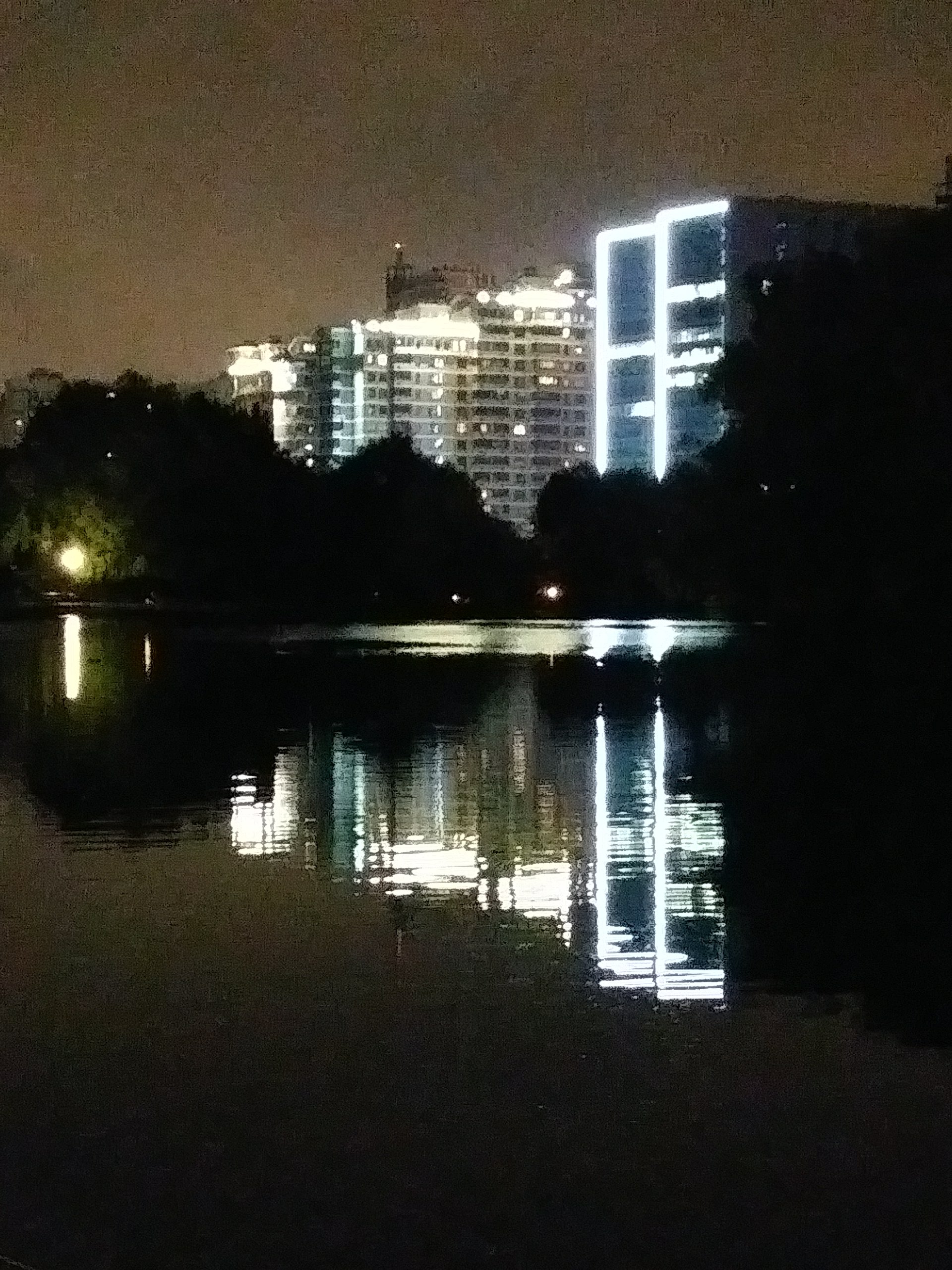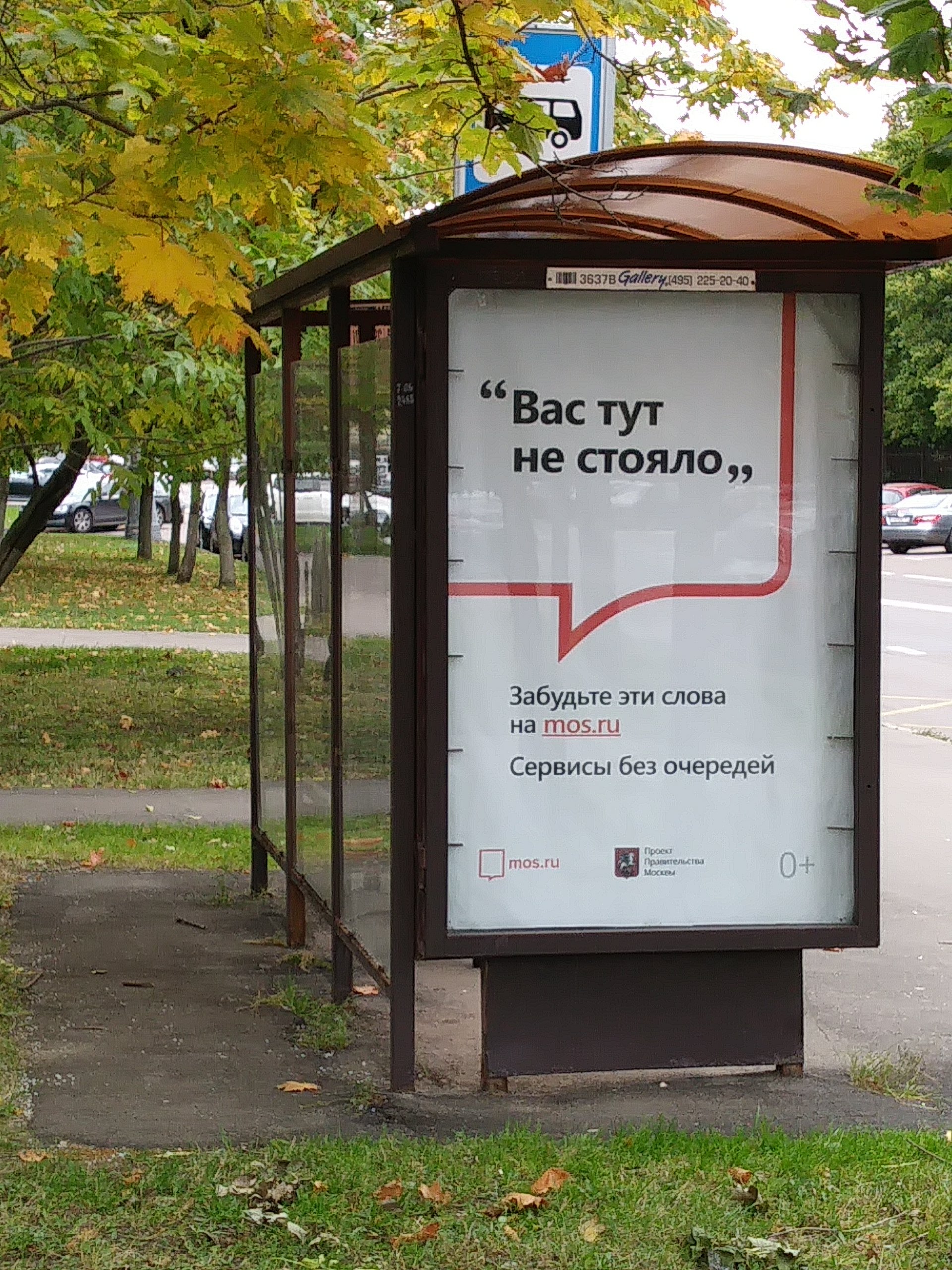Kategorie: Uncategorized
Industrial policy, back then
Commuting on Moscow’s metro can be so educative. This morning I stumbled into into a retro-style wagon honouring the Red Flash. The Red Flash was the back then young Soviet union’s first and thus prestigious bullet speed train connecting two capitals, Leningrad (aka St. Petersburg, the former capital during prerevolutionary times), and Moscow (the incumbent capital).
The Red Flash had his virgin passage in the night between 9 and 10 November 1931.
The history poster I was facing and thus studying during my daily morning ride (at the expense of the latest issue of Harvard Business Review, also inspiring though a bit overpriced) further informed me that the train was equipped with the latest technical gadgets.
The Red Flash became a symbol of the young Bolshevik’s state’s industrial policy.
Today trains from Germany’s Siemens serve this route.
Them v us
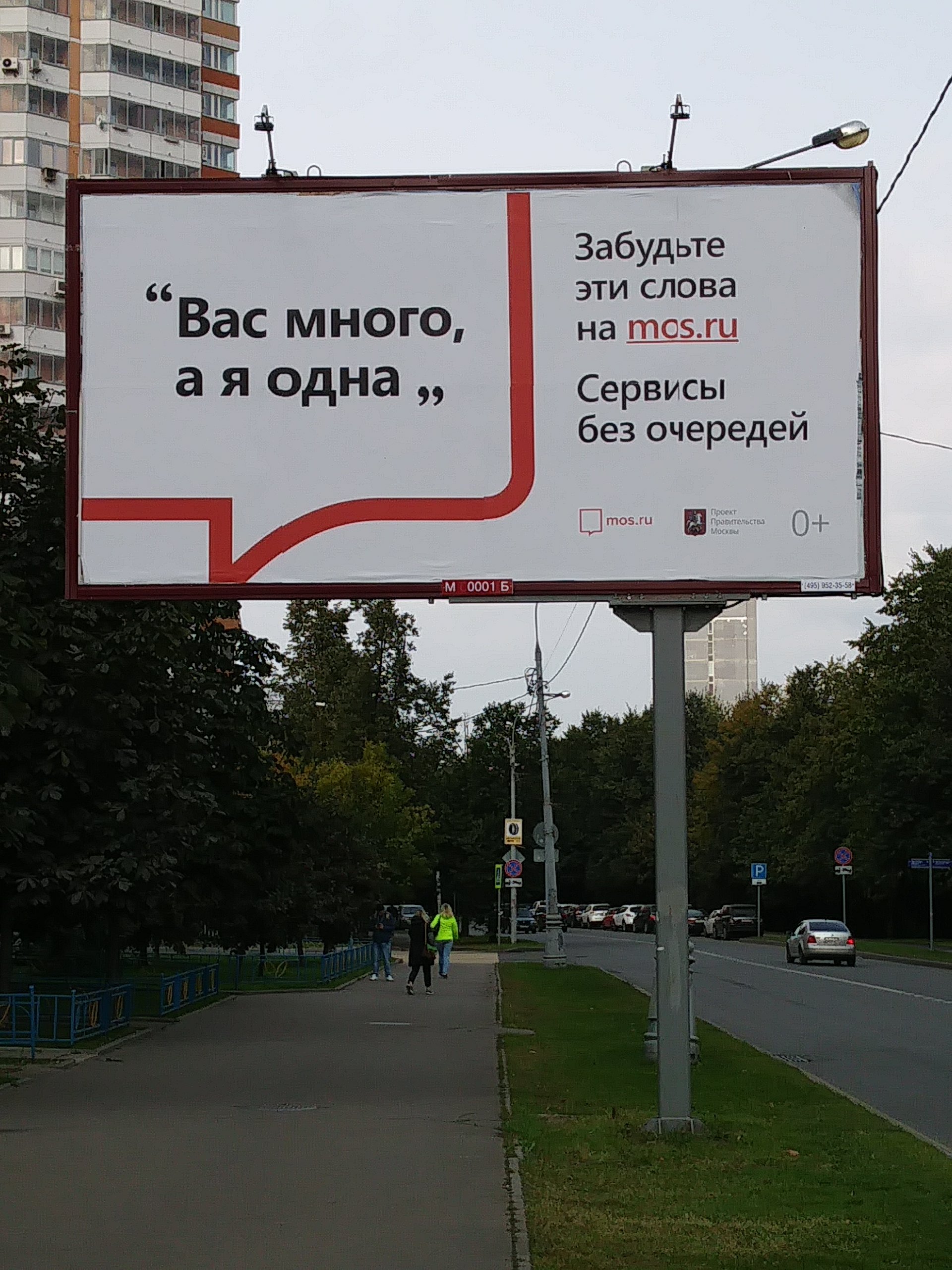
Another advertisement poster from Moscow’s e-government promotion campaign. It reads „you are many [customers]- [but] I am alone on myself“; this crying refers to a common excuse by fron-line public servants for delay in service delivery. The poster further reads „you won’t hear these excuses on mos.ru“, the city’s e-government platform.
Золотая осень – Indian summer
Absolutely nothing in this blogpost relates to public administration. To my knowledge providing wonderful weather not falls into any government’s agency official responsibilities (for the moment I will glimpse over a discussion whether is still holds true for Moscow’s annual May Day parade).



12m v 4m
German federal government sponsors the questionable rebuilding of a military church in Potsdam’s city center with 12m euros. Simultaneously the same city’s local government fails to get a 4m federal funding for a dozen of social projects, including three community centers.
12m v 4m.
Potsdam is among the most beautiful cities in Germany; beyond or maybe due to its green landscape and world heritage buildings a 30 minutes local train ride away from Berlin it is also among the fastest growing ones in Germany.
But here is the actual story: Recently German federal government has announced that a foundation aiming at rebuilding a military church in the city center (Garnisonkirche) may expect a 12m funding, soon. Given the fact that Potsdam is home to Sanssouci, the royal palace of the former Prussian king Frederick the Great, as well as a dozen of other architectural landmarks, this rebuilding is plainly senseless. Even more given the fact that Potsdam’s city government lacks funding for implementing social policy programs that will increase well-being of community members. Given this common lack of funding beyond social entitlement induced by federal legislation (also see a past blog post on this issue last month) the city’s social policy department applied for funding from a new federal program on social integration. They hoped for funding for three community centers, and measures to integrate migrants. However, they reportedly failed to pass even the first round of the selection process.
Now, this might simply coincide by random; the purpose of expert review is to sort out poor project applications. Maybe. To me this anectode sheds light on two issues: poor local public finances and weird intergovernmental relationships. Since the latest round of constitutional reform in 2009 federal government is not allowed to directly fund local government task fullfillment. By declaring the rebuilding of a military church an issue of national interest federal government by-passes this notion and dumbs 12m of tax payers money (12m do cover only the very first stage of construction, given a lack of proper consequential funding, and widespread opposition from civil society this project is very likely of never being accomplished). Meanwhile local social policy departments across the country continue to waste their spare time and womenpower to beg for peanuts in an attempt to do some useful things on the ground. Weird.
The curbstone ghost
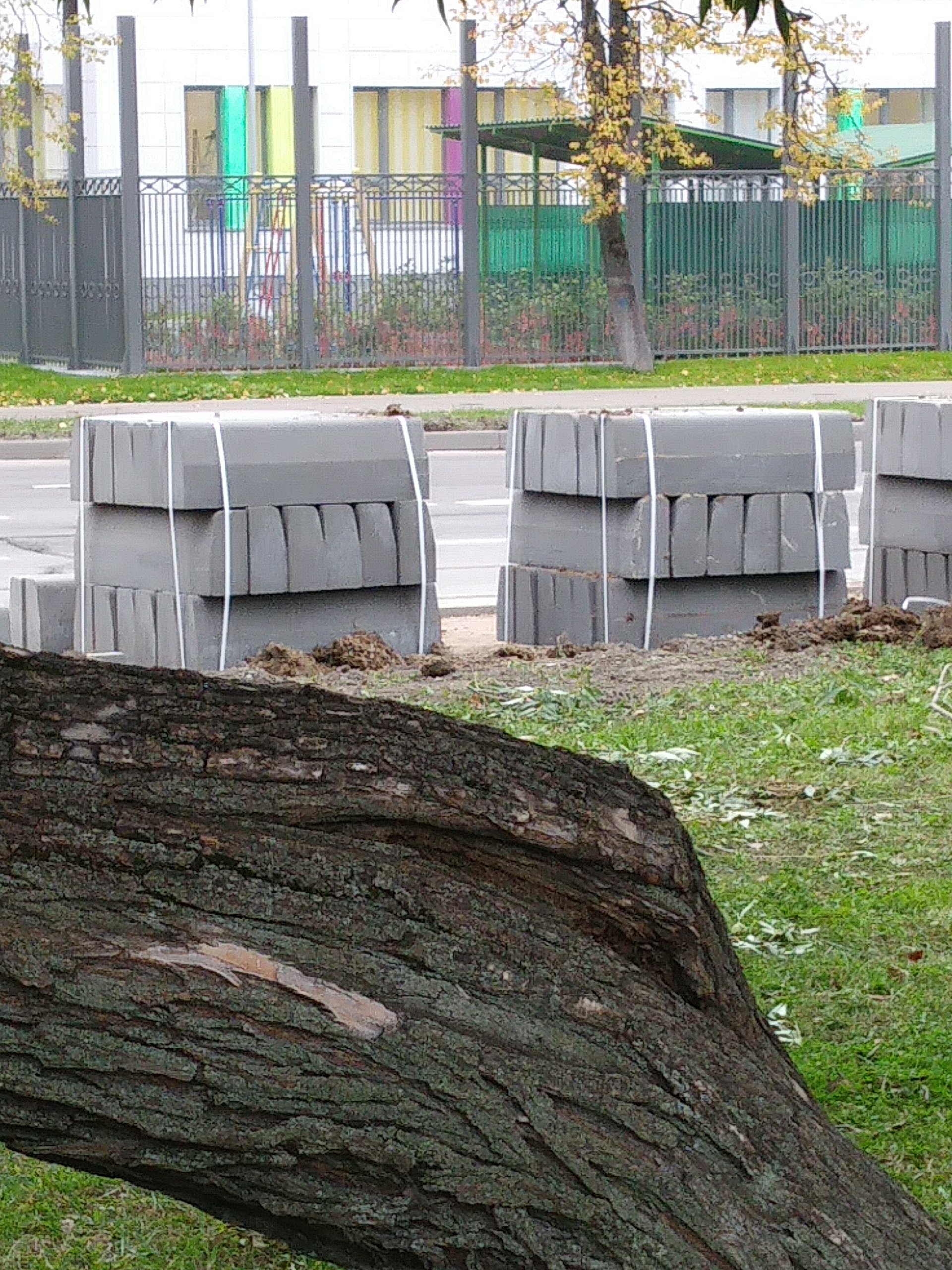 In August strange things started to happen in Moscow. Kilometres of curbstones were removed in all parts of the city leaving behind remarkable gaps in public sidewalks. After some time it became obvious to newbies like me that there was some bigger behind these activities. After some weeks bunches of new curbstones pilled up all over the place (pictured above) reinforced my conclusion that yet another large scale infrastructure project is currently implemented. Somebody must have told them that new curbstones will make Moscow a better place to live in. There is problem pressure indeed, the two pictures below depict common sidewalks in Moscow:
In August strange things started to happen in Moscow. Kilometres of curbstones were removed in all parts of the city leaving behind remarkable gaps in public sidewalks. After some time it became obvious to newbies like me that there was some bigger behind these activities. After some weeks bunches of new curbstones pilled up all over the place (pictured above) reinforced my conclusion that yet another large scale infrastructure project is currently implemented. Somebody must have told them that new curbstones will make Moscow a better place to live in. There is problem pressure indeed, the two pictures below depict common sidewalks in Moscow:
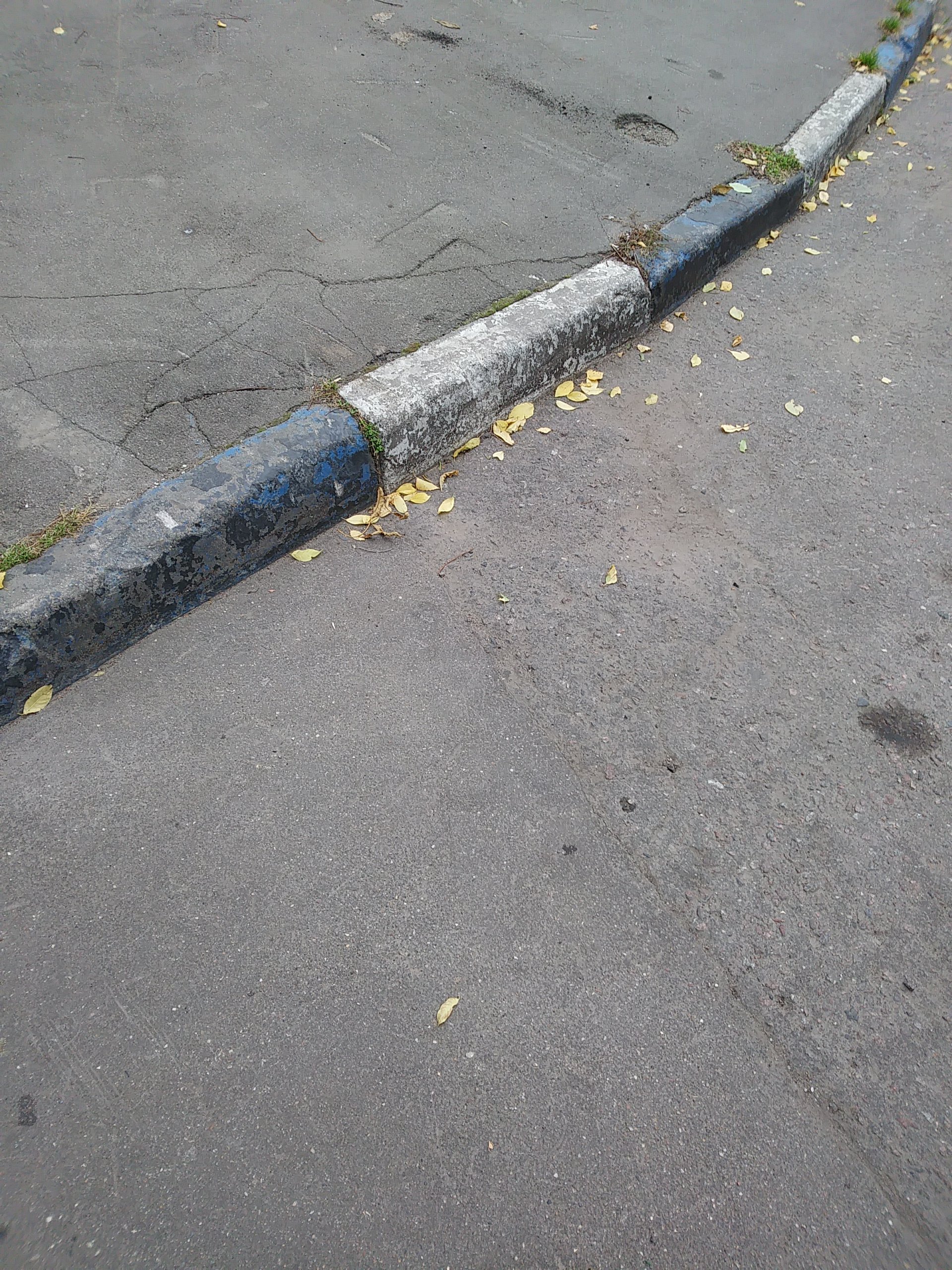
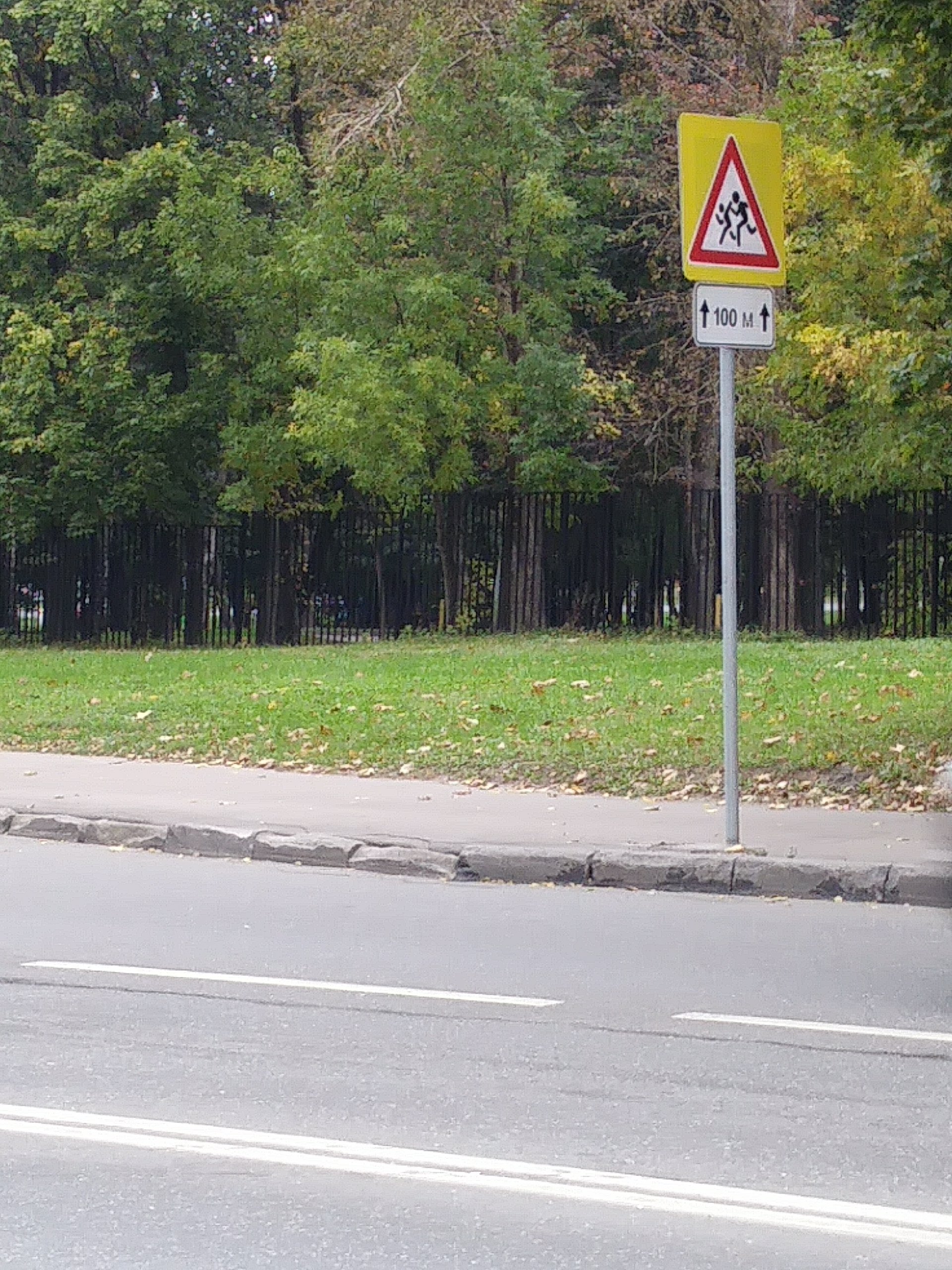
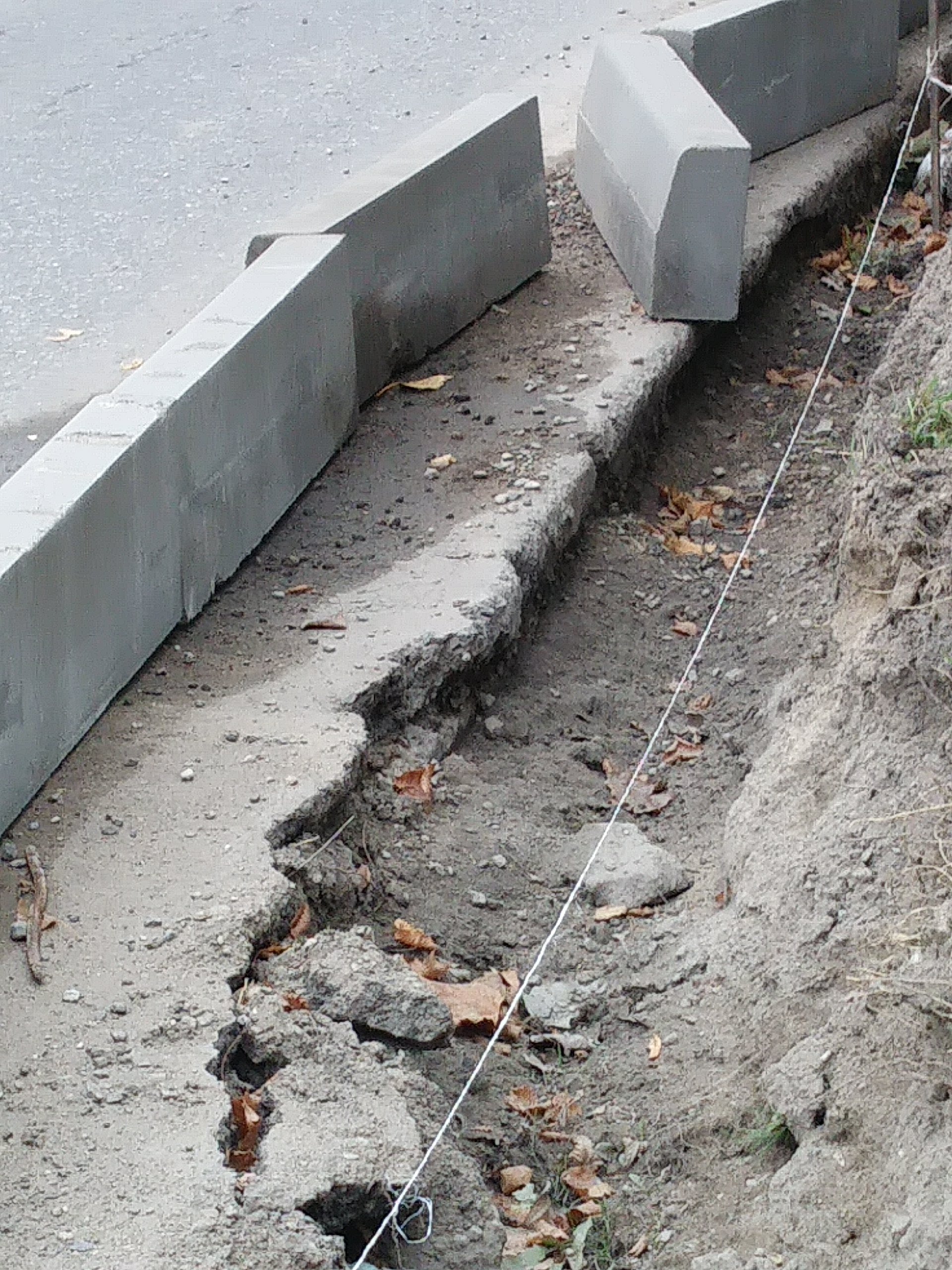
Future curbstone-fixing program may finetune two details of program implementation: first, sequential implementation (street after street) is better than simultaneous one (plowing up all streets at once); second, if you replace curbstones you will have to fit them into very well (otherwise they will get out of place soon).
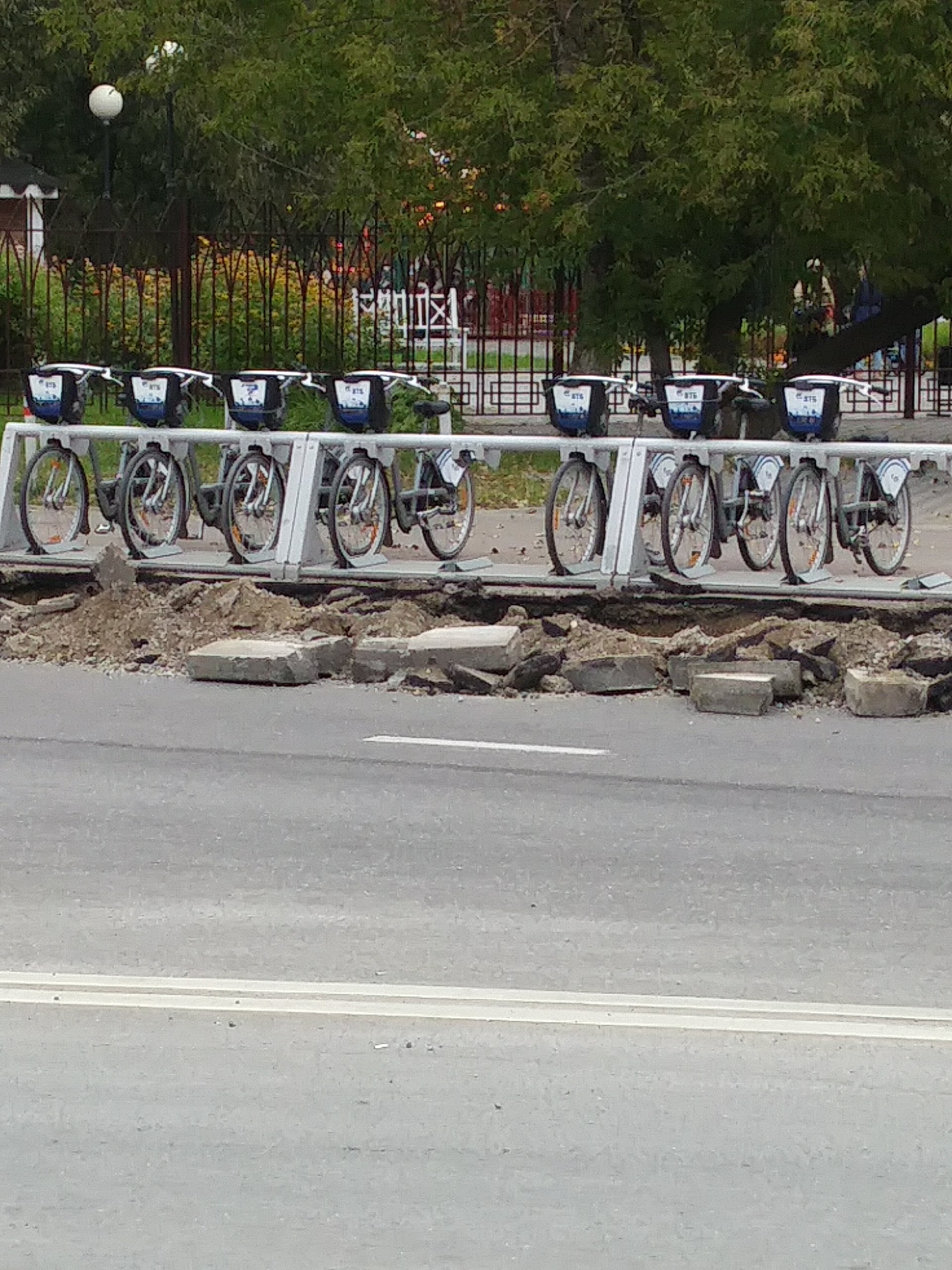
Indian summer – Бабье лето
Until recently Moscow lacked any visible recycling schemes for residents‘ household waste; some voluntary recyclying points existed but not large-scale. This has now changed: Recycling bins have been installed at some location (I guess its a pilot) where they replaced traditional all-for-one bins (pictured below and far below, resp.)
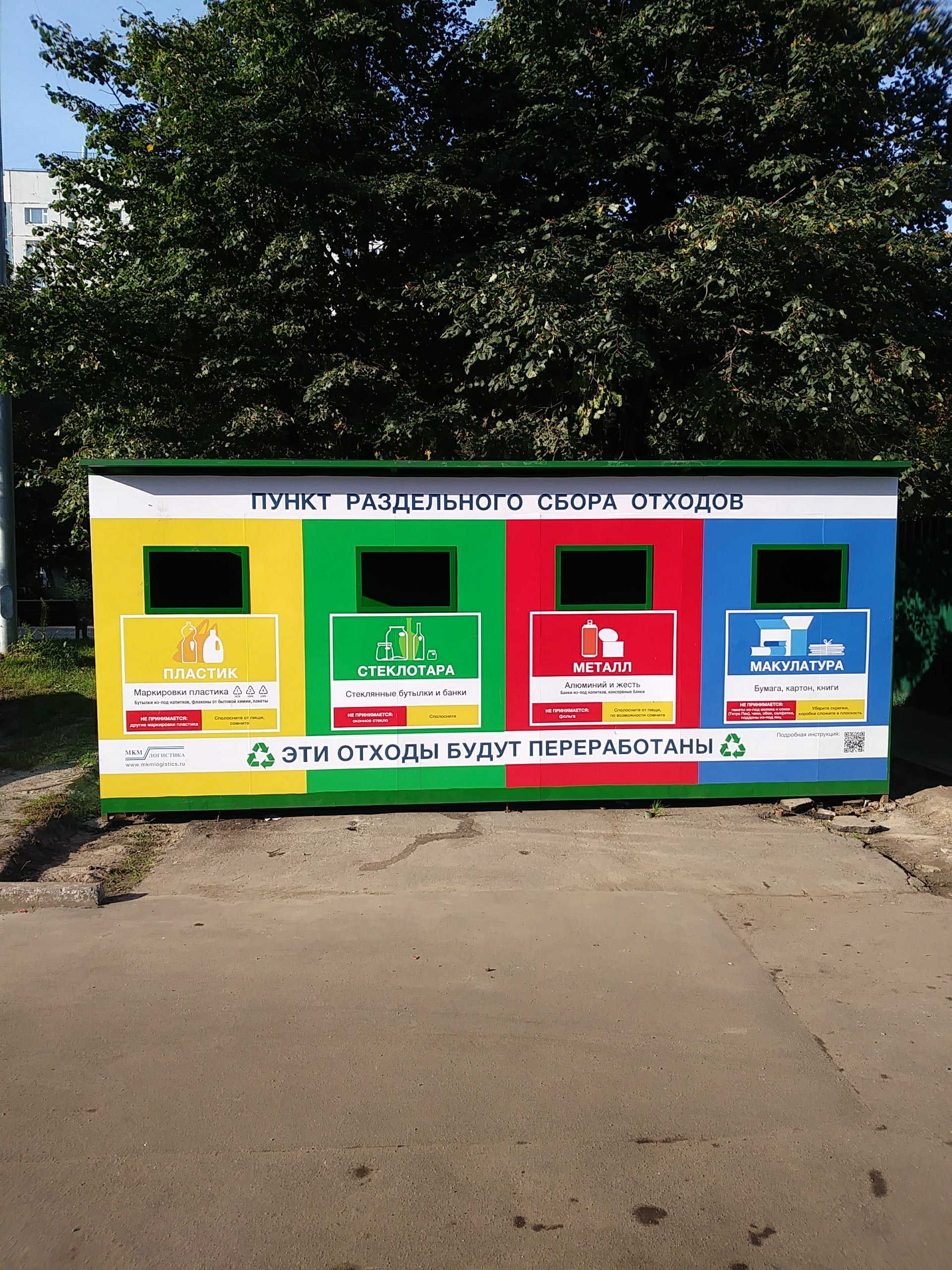
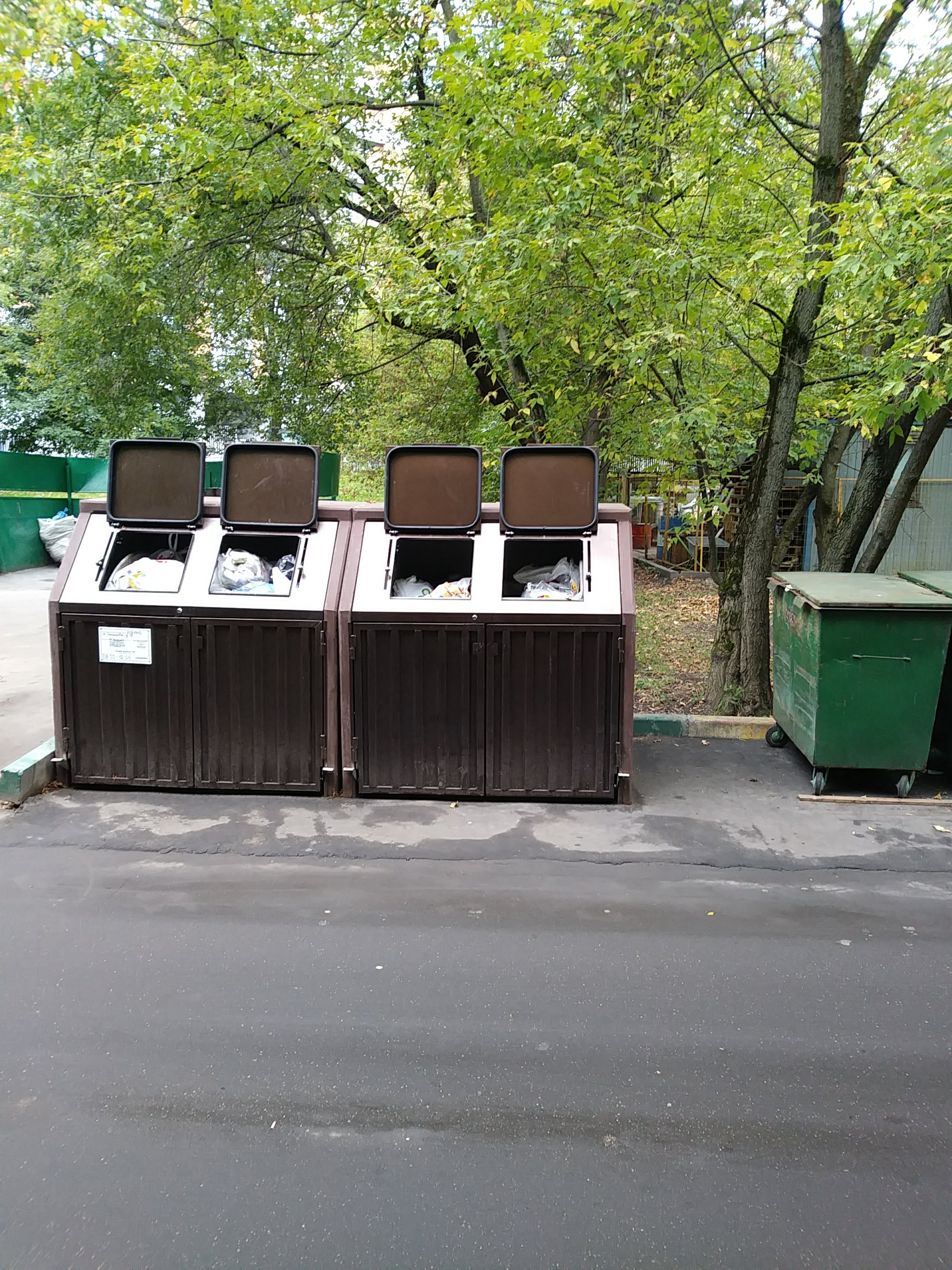
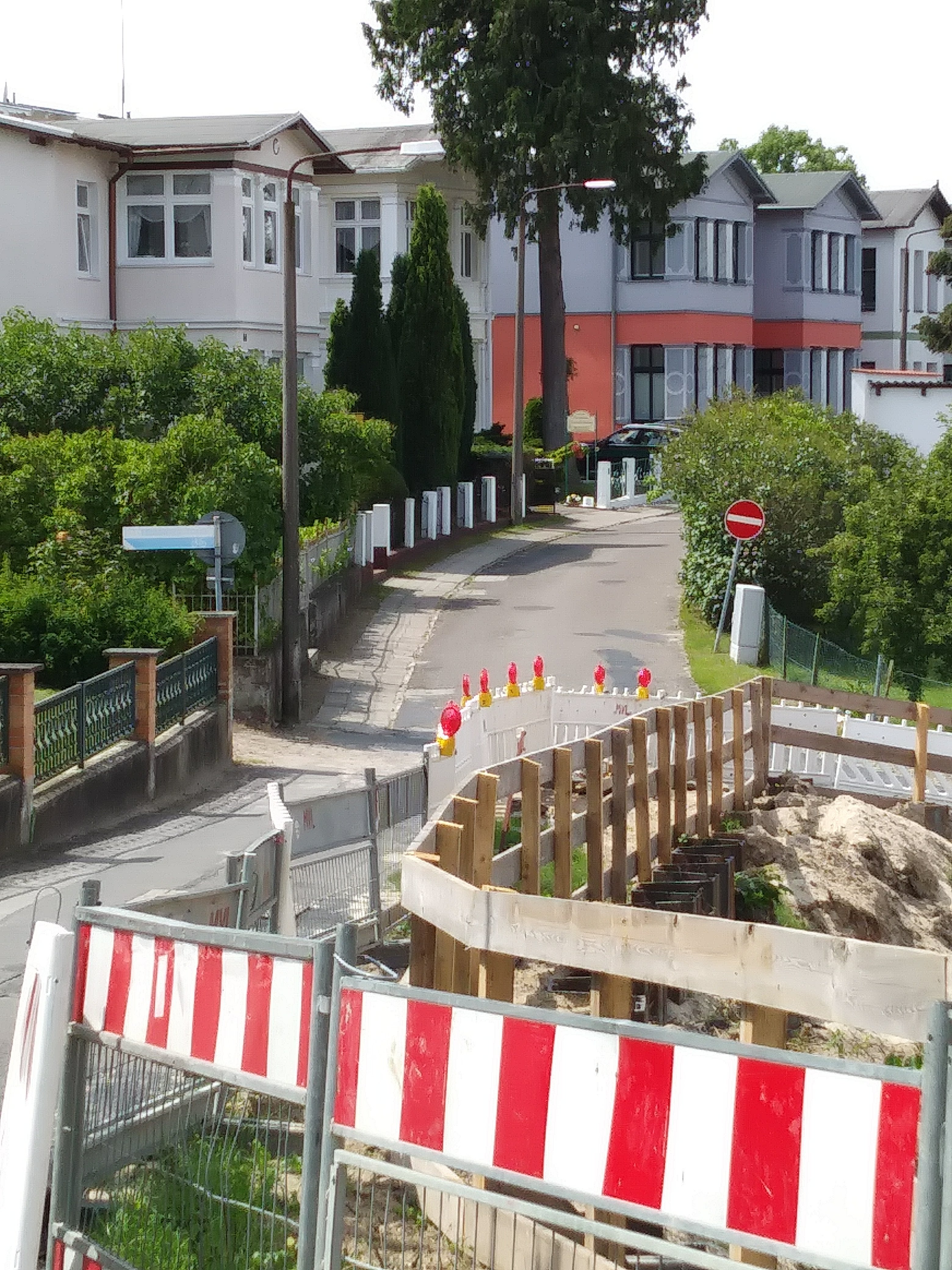
4. Vehicle-induced air pollution: The fourth challenge to contemporary policy makers in Germany justifies and deserves its own post: Eyerbody knows Dieselgate, but outside Germany little is known about the Rastatt incident. Both are essential linked together by demonstrating regulatory failure (the former) and complete ignorance of promoting sustainable public transportation (the latter) by federal government over the last 17 years. Everybody is aware of Dieselgate, that is, a software tool in 11m Volkswagen and seemingly Mercedes and Audi that cheats on CO2-emmission. In contrast to harsh meadures in the US Federal German government led the cheaters go in return for cheap talk such as the committment to install a yet another (funny, isn’t it) software update in all these dirty diesels still rolling on German roads.
The dirties road on the globe is not to be found somewhere in Bejing, but in Stuttgart, capital of the southern German state Baden Württemberg and home to Mercedes‘ headquarter. Given the extremly high paticulate pollution the local administrative court has ruled a prospective ban on diesel cars in the entire city center. In 89 additional cities and towns throughout Germany similar measures are expected. Issuing and regulation driving bans falls into the responsibility of local authorities. They will have to adress this issue boldy. And boldy to me mean a shift towards promoting public transportation.
This leads to the Rastatt incident. The major north-south railway route from Scandinavia down to Italy bypasses Rastatt (Rheintalbahn). During digging a tunnel for the bullet speed train line the railways on this route collapsed and deepened by half a meter. Shit happens. But given a lack of electrified, or any, alternative routes of similar size in this region of Germany, freight transportion simply stalled, passengers had to transfer on buses, bullet speed trains scheduled for Switzerland ended in Mannheim, south of Frankfurt. How does all this relates to policy makers and administrators, apart from not so well-prepared engineers? Well, Deutsche Bahn, which is responsible for running, maintaining and investing in a high quality competitive railway system, is a state-owned enterprise. Deutsche Bahn’s Chief Infrasructure Investment Officer for example is the former head of German chancellery. He totally ignored both the issue and the subsequent stalling of freight and passenger trains. So next time come up with a Train Summit rather than yet another worthless Diesel Summit.
